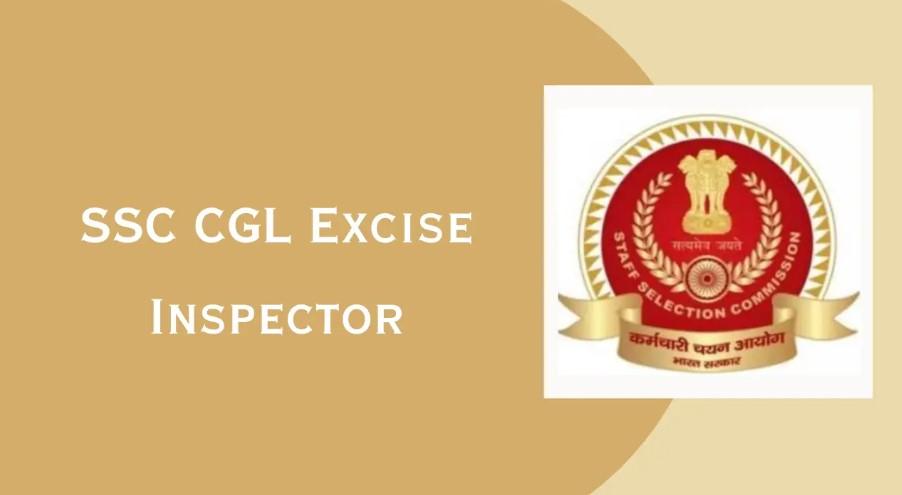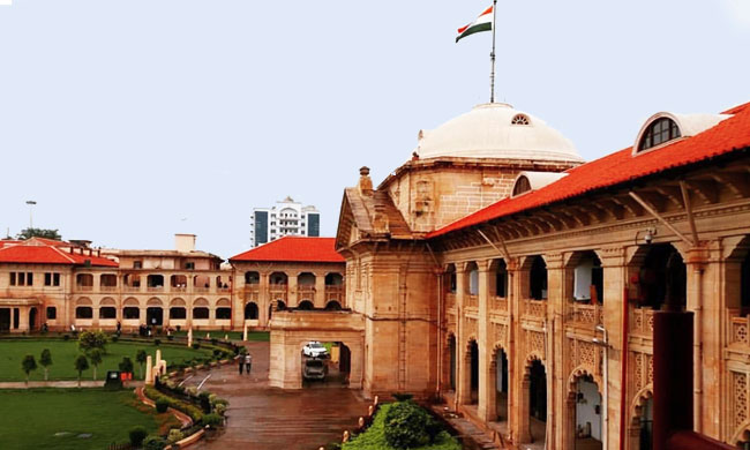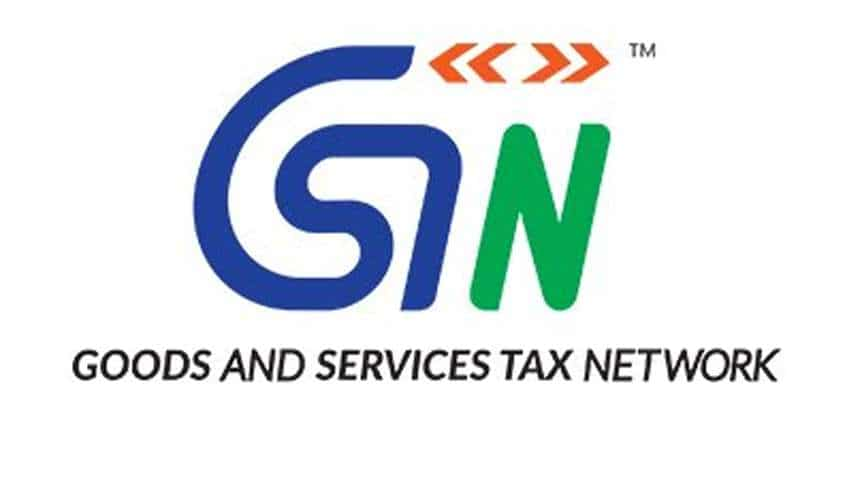With the increasing trend of electronic commerce, adoption of prepaid vouchers and gift cards has reached new heights. Vouchers are instruments which are redeemable on its face value against supply of goods or services. For example, multi-brand retailers supply gift cards and certificates to customers which can be redeemed against purchase of merchandise of value equal to the face value as printed on such gift card or certificate. Taxability of vouchers under the erstwhile Sales Tax (or Value Added Tax) and Service Tax law was a tricky and contentious issue, with disputes often travelling to the Apex Court for final adjudication. The Legislature has sought to tax vouchers under the Goods and Services Tax (“GST”) regime, by including specific provisions in the law.
In the current writeup, an effort has been made to discuss the taxability of Gift cards in the nature of Closed PPI (Pre-paid Instrument). Remember, PPI’s can of three types :-
- Closed System of PPI: Transactions are between only two parties. One party- issuer, issues PPIs to customer. The PPIs holder/ customer makes purchases only from issuer. There is no cash withdrawals. These PPI’s cannot be utilized for third party services/ sales. The PPIs holder/ customer purchase jewels from the issuer only on redemption of PPIs, here ‘Applicant’ is an issuer of PPIs to customers.
- Semi Closed system of PPIs: Transactions are between more than two parties. The third party issues PPIs to customers, who uses PPIs at a group of clearly identified merchant locations having a third party M/s. QwickCilver Solution” based in Bangalore issues PPIs to customers who can redeem the same with the Applicant or any other outlets identified by the Applicant.
- Open System of PPIs: These PPI’s are issued by banks and are used at any merchant location for purchase of goods and services including facilitation of cash withdrawals at ATM / Point of Sales (POSs)/ Business correspondents (BCS). This type of PPI’s not applicable to the Applicant.
Understanding the Law
In the present case, M/s KJIL (Kalyan Jewellers) is a Manufacturer and Trader in Gold and other Jewellery items through their retail outlets and also online portal. KJIL, as part of sales promotion, introduced the facility of issuing different types of Pre-Paid Instruments ((herein after referred as PPI’s) to their customers through their retail outlets as well as engaging third party online portal.
During, the hearing and submissions, KJIL had filed several supports, as to why such Gift cards are in essence ‘actionable claims’ and thus not liable to GST under Schedule III entry.
- PPI is an actionable claim under Transfer of Property Act where Civil courts recognize these as per the above Act.; They sell Own PPIs at retail store and online and are redeemed at face-value and has a time value for redeeming.; It is not goods or services.; Hon’ble Supreme Court in Sodexo Vs. Maharashtra = 2015 (12) TMI 1041 – SUPREME COURT, held that they are not goods.
- The levy of central excise and service tax did not apply on PPIs. The levy of octroi on “Sodexo Meal Vouchers” was not sustained by Hon’ble Supreme court in case of Sodexo Vs. Maharashtra = 2015 (12) TMI 1041 – SUPREME COURT.
- Even the accounting was substantiating this fact that they booked liability at the time of issuance of gift card and booked sales only when redemption was done by customer.
- In the case of Union of India Vs. Delhi Chit Fund Association (2014) 43 GST 524 (SC) = 2014 (3) TMI 306 – SC ORDER, it was held that in a mere transaction of money or actionable claim no service was involved and no service tax leviable.
- In the case of Martin Lottery Agencies Ltd Vs. Union of India (2008) 14 STT 242 (Sikkim) = 2007 (9) TMI 39 – HIGH COURT, SIKKIM, relying on M/s. Sunrise Associates Vs. Union of India (2006) = 2006 (4) TMI 118 – SUPREME COURT held that Lottery Ticket is an ‘Actionable Claim’.
- PPI contains two parts namely:-
(i) In first part, deposit of money for which PPI is being issued which is not service. In Banks no service tax is being levied for such deposit/ receipt of money.
(ii) In second part, the money so received is being utilized/ adjusted for sale of Jewellery, for which GST is leviable at the time of supply of Jewellery, as the PPI’s is merged with a supply of goods and the scope for levy of service tax is completely absent.
My personal view is that though Kalyan has submitted several contentions explaining why actionable claim is not liable under GST or erstwhile Service tax / VAT regime, not much on substantiating whether such ‘Gift Card’ is perse qualifying to be Actionable claim or not under judicial backdrop. Nonetheless, this is how AAR held that Gift Card is Voucher and Voucher is not actionable claim.
How AAR Explained the gift Cards are not actionable claim but Vouchers.
- ‘Goods’ are defined under Section 2(52) of the Act as
(52) “goods” means every kind of movable property other than money and securities but includes actionable claim, growing crops, grass and things attached to or forming part of the land which are agreed to be severed before supply or under a contract of supply;
- Supply is defined under Section 7 of GST Act as under:
7. (1) For the purposes of this Act; the expression “supply” includes-
(a) all forms of supply of goods or services or both such as sale, transfer, barter, exchange, license, rental, lease or disposal made or agreed to be made for a consideration by a person in the course or furtherance of business;
(b) import of services for a consideration whether or not in the course or furtherance of business;
(c) the activities specified in Schedule I, made or agreed to be made without a consideration; and
(d) the activities to be treated as supply of goods or supply of services as referred to in Schedule II.
(2) Notwithstanding anything contained in sub-section (1),-
(a) activities or transactions specified in Schedule III; or
(b) such activities or transactions undertaken by the Central Government, a State Government or any local authority in which they are engaged as public authorities, as may be notified by the Government on the recommendations of the Council, shall be treated neither as a supply of goods nor a supply of services.
The relevant entry in Schedule Ill to the Act is as under
ACTIVITIES OR TRANSACTIONS WHICH SHALL BE TREATED NEITHER AS A SUPPLY OF GOODS NOR A SUPPLY OF SERVICES
1. Services by an employee to the employer in the course of or in relation to his employment.
2………………………….
6. Actionable claims, other than lottery, betting and gambling
- Actionable Claim is defined under Section 2(1) of the Act as
(1) “actionable claim” shall have the same meaning as assigned to it in section 3 of the Transfer of Property Act, 1882;
Section 3 of the Transfer of Property Act, 1882 states as:
“Actionable Claim” means a claim to any debt, other than a debt secured by mortgage of immovable property or by hypothecation or pledge of movable property, Or to any beneficial interest in movable Property not in the possession, either actual or constructive, of the claimant, which the Civil Courts recognize as affording grounds for relief, whether such debt or beneficial interest be existent, accruing, conditional or contingent”.
- Voucher is defined under section 2(118) as
“(118) “voucher” means an instrument where there is an obligation to accept it as consideration or part consideration for a supply of goods or services or both and where the goods or services or both to be supplied or the identities of their potential suppliers are either indicated on the instrument itself or in related documentation, including the terms and conditions of use of such instrument;
In the case at hand, it is stated that the gift cards / vouchers are purchased by the customers on paying a value in money specified on the gift card / voucher. When the money is paid by the customer, such a value is loaded onto the card electronically. PPIs issued by the applicant can be redeemed against purchase of any jewellery in any of the outlets of KJIL across India. This means that when the customer of bearer of the gift card wants to pay for some jewellery in KJIL’s stores, they can pay with either cash or with gift voucher. This is seen in the sample sale invoices given by the applicant. “Payment instrument” as defined in para 2(g) of the Payment and Settlement Act 2007 means any instrument, authorization or order in any form, including electronic means to effect a payment- by a person to a system participant or by a system participant to another system participant. The system participant includes the issuer.
In this case, the gift voucher/ gift card is an instrument squarely covered under the definition of “payment instrument” under Payment and Settlement Act 2007. It is not a claim to a debt nor does it give a beneficial interest in any movable property to the bearer of the instrument. In fact, if the holder of the gift card/ voucher loses or misplaces it and is unable to produce it before the applicants stores before the time limit specified on the card/ voucher, the instrument itself becomes invalid. Then the customer cannot use it to pay for any goods. Thus it is not an actionable claim as defined under Transfer Of Property Act. It is only an instrument accepted as consideration / part consideration while purchasing the goods from the issuer and the identity of the supplier is established in the PPI.
Therefore the PPIs under consideration squarely falls under the definition of ‘Voucher’ as defined in section 2(118) of CGST Act.
AAR Even Referred to GST Council Discussion Notes
It is further observed that the definition of ‘Voucher’ has been added to the Act after discussion in the GST Council, while approving the draft Acts. The related portion of the Minutes of the 5th GST Council Meeting held on 2nd & 3rd December 2016 in New Delhi, wherein the need for definition of ‘Voucher’ and whether ‘Voucher’ is ‘Goods’ or ‘Services’ was discussed [11 (XIX)] and the decision [13(XVIII)] are given here for better appreciation of the intent:
11(XW). Section 12(4) (Time of supply of goods): The Hon’ble Minister from West Bengal stated that the term ‘voucher’ was not defined and it was not clear whether it was goods or services. The CCT, Gujarat clarified that if vouchers were given for use in a grocery store, the point of supply of goods shall be fixed through this provision. The Secretary suggested to define the term ‘voucher’ in the Definitions section. The Council agreed to define the term ‘voucher’ in the Definitions section.
13(XVIII). Section 12(4) (Time of supply of goods): To define the term ‘voucher’ in the Definition section.
From the above, it is amply clear that those instruments which satisfy the conditions of being accepted as consideration/ part consideration against purchase of specified goods and the identities of the potential suppliers are indicated in the instruments are to be considered as Vouchers’ for the purposes of GST. Applying the above, the PPIs under consideration are ‘Vouchers’ for the purposes of GST.
Further, these PPIs are gift cards supplied by the applicant either directly through to customer or through various distribution channels. As per the definition of “Goods” under CGST Act under Section 2(52), every movable property other than money and actionable claim is “Goods” under this definition. Now, movable property is not defined under CGST ACT but is available in General Clauses Act 1977 as below:
Section 3 (26) of General Clauses Act 1977 –“Movable property” shall mean property of every description, except immovable property;
Section 19) Immovable property.-“Immovable Property” shall include land, benefits to arise out of land, and things attached to the earth, or permanently fastened to anything attached to the earth.
It is seen from the above, that any property other than immovable property is a movable property. In this case, the customer purchases the Gift voucher and card by paying the issuer. Whoever produces the voucher at their stores, they will be allowed to redeem it. The voucher has both a value and an ownership and is the property of whoever first purchases it and later whoever redeems it and it is movable. It is neither money nor actionable claim as discussed above. Hence, these gift vouchers/ cards issued by the applicant being ‘vouchers’ under the CGST /TNGST Act are “Goods” as per Section 2(52) of CGST and TNGST Act.
Further, when the vouchers are purchased by the customers there is a consideration, the face value which is paid; it is for the furtherance of business of the applicant as the customer or bearer will in future definitely buy jewellry from the applicant. Hence, supply of voucher qualifies as “supply” under Section 7 of the CGST Act / TNGST Act, specifically as supply of goods. It is seen that. The time of supply of goods is specified under Section 12 of CGST/TNSGST Act, and the time of supply of vouchers is specified in Section 12(4); clearly indicating that vouchers are goods under CGST ACT.
Hence ruled GST is leviable on issuance of such Gift Cards
Time of Supply
5.4 The PPIs under consideration are ‘Vouchers’ which are given for use in the retail outlets of KJIL for purchase of jewellery, i.e. goods and therefore the time of supply is governed by the provisions under Section 12 (4) of the CGST Act, which states as follows:
(4) In case of supply of vouchers by a supplier, the time of supply shall be-
(a) the date of issue of voucher, if the supply is identifiable at that point; or (SPV as per EU)
(b) the date of redemption of voucher, in all other cases. (MPV as per EU)
Accordingly, if the vouchers are specific to any particular goods specified against the voucher, then the date of issue of vouchers is the time of supply of vouchers to the customer. However, as per the submissions of the applicant, in majority of cases the gift vouchers/ gift cards are redeemable against any jewellery bought and in such cases, the time of supply is the date of redemption of voucher.
Rate of Supply
In the case of paper based gift vouchers classifiable under CTH 4911 the applicable rate is 6% CGST as per Sl.No. 132 of Schedule II of the Notification No. 1/2017-C.T.(Rate) dated 28.06.2017 and 6% SGST as per Sl.No. 132 of Schedule II of Notification Ms. No. II(2)/CTR/532(d-4)/2017 vide G.O. (Ms) No. 62 dated 29.06.2017 as amended.
In the case of gift cards, the same are classifiable under CTH 8523 and the applicable rate is 9% CGST as per Sl.No. 382 of Schedule III of the Notification No. 1/2017-C.T.(Rate) dated 28.06.2017 and 9% SGST as per Sl.No. 382 of Schedule III of Notification Ms. No. II(2)/CTR/532(d-4)/2017 vide G.o. (Ms) No. 62 dated 29.06.2017.














